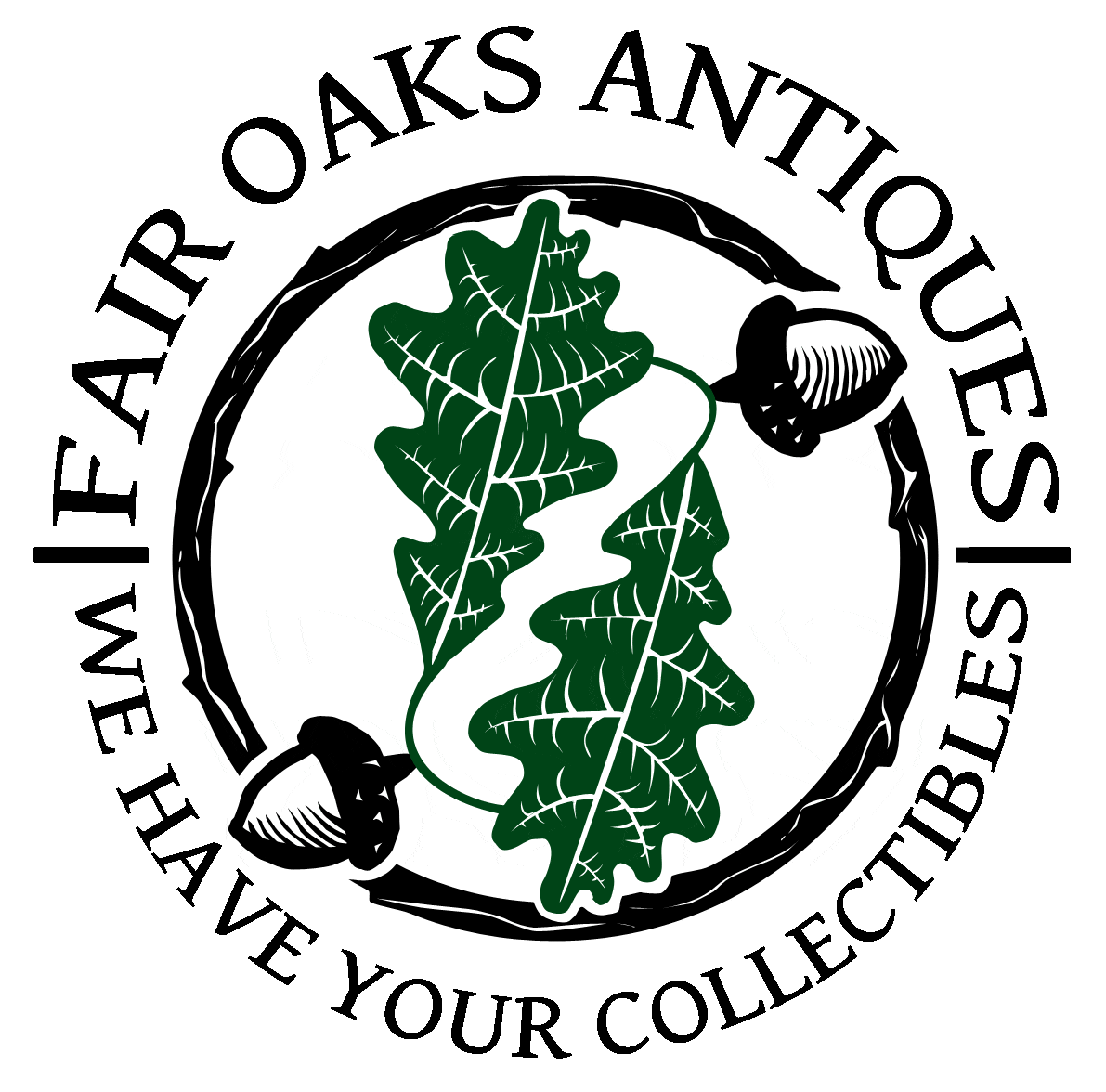LunaTique Boutique Celebrates First Anniversary With A Wild Hunt!
- Deanna Dahlsad
- Jun 11, 2025
- 3 min read
In celebration of the boutique's first anniversary, I want to send you weirdlings off on a Wild Hunt!
In this case, a Wild Hunt is a combination treasure and scavenger hunt, with lots of puzzles and clues—only covering a lot more space outdoors, so a car is required. Like escape rooms, this event promises a shared, immersive experience of mental acuity, competition, and adrenaline, with the added appeal of road trip fun!
On Saturday, June 21st, teams of two to four people will compete in this Wild Hunt to see who completes all the tasks correctly and quickly. The fastest team to complete all the tasks and return to the boutique wins bragging rights and a $100 boutique gift card!
LunaTique Boutique's Wild Hunt will start at 2pm on Saturday, June 21st, and will be followed by the First Anniversary celebration at the boutique. (It's also my birthday!) The celebration, which is free and open to the public, officially begins at 4pm and ends at 9pm.
Tickets: $79 per team (only $49 per team for VIPs!)
LunaTique Boutique is located at 612 First Avenue N, in downtown Fargo; enter at First Avenue Market.
What Is A Wild Hunt?
Scavenger hunts have ancient ties to folklore stories across many, if not all, cultures. Many traditions have tales of hunts led by a god, goddess, or another mythical figure who brings welfare and blessings whilst accepting gifts and offerings from the people. Often, these hunters were escorted by a group of ghostly or supernatural hunters, riding horses and accompanied by dogs. Other times, the images were less concrete. In Teutonic Mythology: Volume III (1833), Jacob Grimm describes these hunts as "unseen through the air, perceptible in cloudy shapes, in the roar and howl of the winds, carrying on war, hunting or the game of ninepins, the chief employments of ancient heroes." Many of these tales are the reason and structure for holy days and festivals. Medieval records of the Wild Hunt may describe ritual folk dramas and processions, such as that of Perchta, "The Bright One."
Clearly struck by the popularity of sacred hunt stories, Grimm continued to research and compare such stories. In Deutsche Mythologie (1835), he offers a name for the unifying principles of the hunts found in comparative pre-Christian "mythology"—Wilde Jastories, or "Wild Hunt." And he believed that this group of stories, along with other tales, represented the folkloristic survival of Germanic paganism. Such stories are not limited to Germans or even Europeans. However, it is through this lens of paganism versus Christianity that we easily see the need for the preservation of superstitious old wives' tales.
In a Christian world, Wild Hunt visions meant bad, bad things... Being abducted to the underworld or some godless fairy kingdom, the foreshadowing of a catastrophe, such as war, plague, or death. This, no doubt, being the church's way of separating the people from their beliefs in order to convert them to Christianity. Grimm wrote that under the influence of Christianity, Wild Hunts were perverted into "a pack of horrid spectres, dashed with dark and devilish ingredients."
Today, as many seek to understand and reclaim the old ways, historians, such as Carlo Ginzburg, and anthropologists, such as Susan Greenwood, speak of Wild Hunts as restorations of reciprocity, initiations into the wild, ecstasies, and confrontations with fear and death. Greenwood's description of the Wild Hunt (The Wild Hunt: A Mythological Language of Magic, 2008) as "exposure to a 'whirlwind pulse that runs through life'" seems a lovely way to describe the thrills of seeking—be it spirituality, fun with friends, or a $100 LunaTique Boutique gift card. ;)







Comments